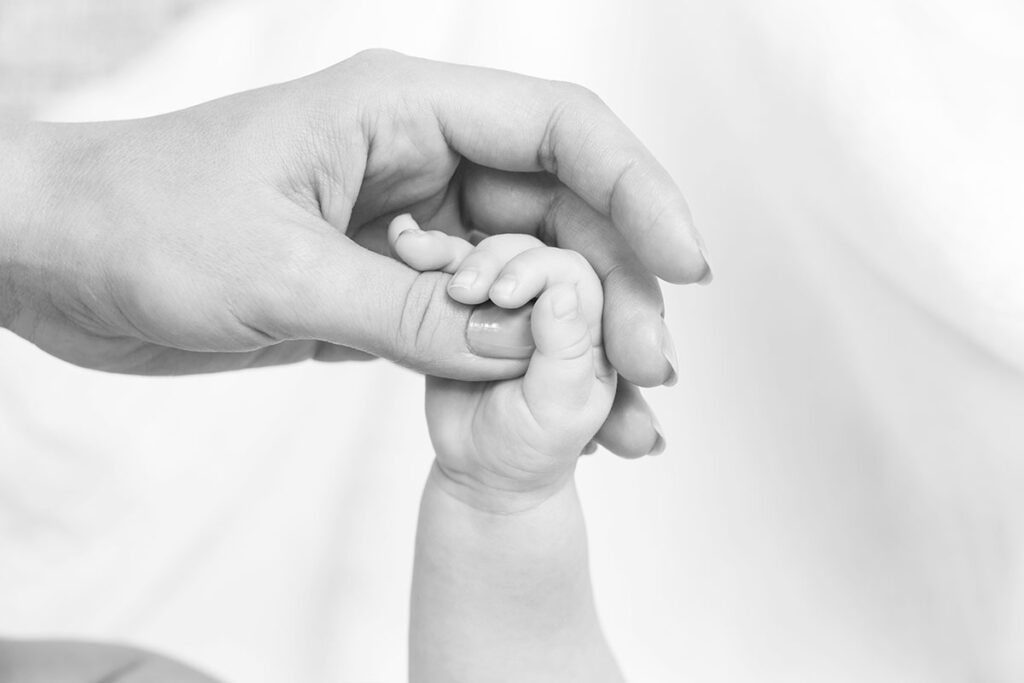Two emergency surgeries that began 48 hours after birth, meningitis, and over a month in the intensive care units of three Seattle hospitals prompted Layla Babayev’s desperate parents to enroll their baby in a clinical trial. As reported to MedPageToday by her father, Demetri Babayev, this trial was not the norm, whereby genetic testing concentrated on only a few variants and took months to disclose results.
Layla’s parents believed the investigational team conducting the trial at the Children’s Hospital in Seattle, Washington, might uncover an unknown genetic condition. The aforementioned trial would sequence Layla’s entire genome and produce results within one week.
About The Test Results
As predicted, tests discovered a rare genetic disease that caused a gastrointestinal disorder and a compromised immune system. Layla was immediately isolated and given antibiotic infusions every week. Her doctors also contacted hospitals that previously treated conditions similar to Layla’s. Her father firmly believes that the test was instrumental in saving his daughter’s life.
Not All Families are as Fortunate
Layla’s disorder and conversely, the effect of the disorder on Layla are rare. Very few infants, even though their illness is undiagnosed, are able to receive whole-genome sequencing. The main reason is the cost, which runs between $4,000 to $8,000. Many public and private insurers will not agree to cover the expense.
Progress to Date
Whole-genome sequencing has been available through the commercial market for six years. The impact of the test has not been lost on drugmakers, companies that specialize in genetic testing, hospitals for children, and doctors, all of whom have been lobbying their states to increase coverage for the test through Medicaid. It appears that their efforts are making headway.
To date, Medicaid programs for the test have been added in eight states and are being considered in four other states.
Those in favor of the program point out that it helps sick infants avoid months or even years of hospitalizations and tests yet they still do not have a diagnosis. Studies have shown that whole-genome sequencing tests can lower health costs as they avoid unnecessary testing and hospitalization – and save babies’ lives.
However, it is to be noted that the whole-genome test may be somewhat limited. Although it is an improvement in identifying rare diseases, it only identifies a mutation about half the time.
Dr. Pankaj Agrawal is the neonatology chief at Miami’s Miller Medical School. Dr. Agrawal said that only 10% of all the babies who would benefit from the sequencing are receiving these tests.
Currently, United Healthcare and Cigna are covering the tests although there are a few limitations, and coverage varies in each state.
Florida’s Republican leaders were influenced by a study conducted in 2020 that sequenced the genomes of 50 patients. 20 patients received a diagnosis. The test results brought about changes to the care of 19 of those patients.
About Costs
An analysis by the Florida House estimates that if five percent of the babies who are in Florida’s neonatal ICUs were to receive the test every year, the cost to Medicaid would be approximately $3.3 million.
In this case, the savings exceeded approximately $3.7 million or almost a $2.9 million ROI after deducting the cost of the tests. This is a satisfactory return on investment, but the value of saving even one baby’s life, for its parents, is valuable beyond anyone’s estimation.





